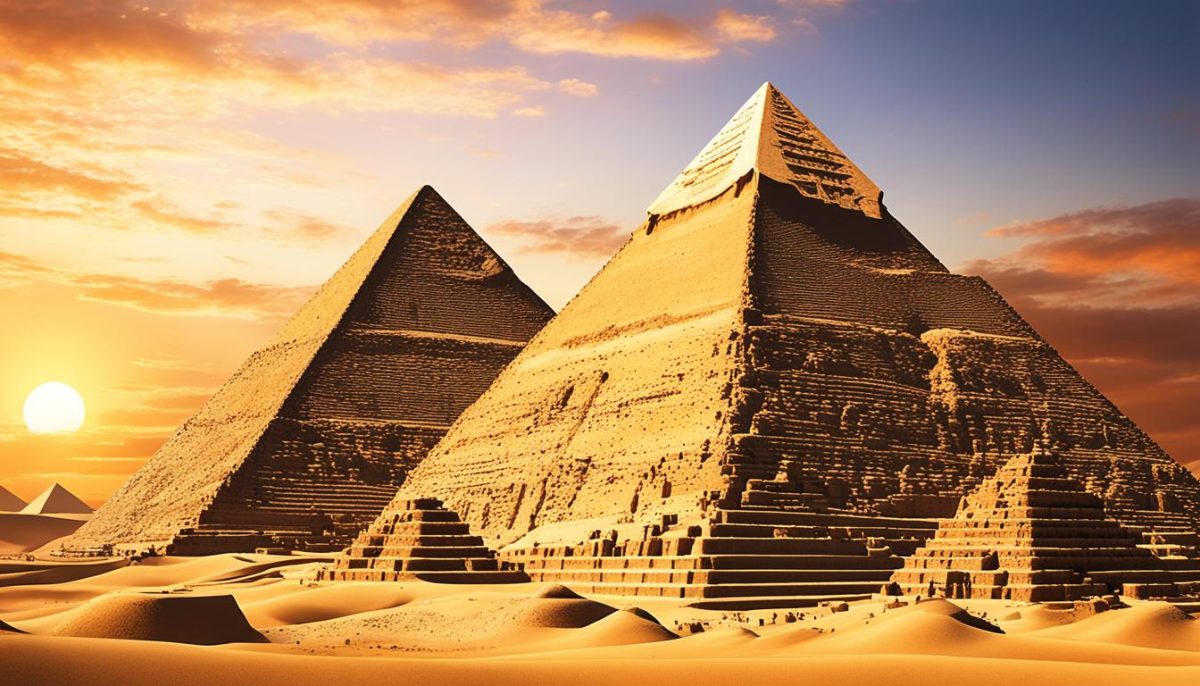
Egypt, a captivating country situated in North Africa, is renowned for its rich history, ancient civilization, and world-famous landmarks. It is home to some of the most iconic monuments of human history, including the Pyramids of Giza, the Sphinx, and the awe-inspiring temples of Luxor and Karnak. These landmarks offer a window into Egypt’s glorious past and remain some of the most visited and studied ancient structures in the world. The country’s ancient heritage is a fundamental part of its identity, showcasing the incredible achievements of the civilization that flourished along the Nile River. The Nile, the longest river in the world, runs through Egypt, providing essential water to its fertile lands and enabling agriculture to thrive in what would otherwise be a vast desert. This life-giving river has been central to Egypt’s prosperity and cultural development for thousands of years. Beyond the ancient sites, Egypt offers stunning natural beauty, including gorgeous beaches along the Red Sea coast, which attract travelers for their pristine sands, crystal-clear waters, and exceptional diving opportunities. Egypt’s vibrant culture reflects the country’s diverse heritage, with music, dance, and cuisine that have evolved over millennia. The country’s culture is deeply intertwined with its ancient roots, but it also embraces modern influences, making it a fascinating blend of the old and the new. Egyptian food is particularly notable for its rich flavors, incorporating ingredients such as lentils, beans, and spices, as well as dishes like koshari, falafel, and baklava.
One of the most intriguing aspects of Egypt is its ancient history, which continues to captivate the imagination of people around the world. The Pyramids of Giza, which date back over 4,500 years, stand as remarkable feats of ancient engineering and construction. These monumental structures, along with the enigmatic Sphinx, continue to inspire wonder due to their scale, precision, and mystery. Egypt’s hieroglyphics, mummies, and temples offer a fascinating glimpse into a highly sophisticated civilization that thrived along the Nile. These treasures—found in places like the Valley of the Kings and the Egyptian Museum in Cairo—provide invaluable insight into the religious, political, and daily life of ancient Egyptians. The wealth of archaeological treasures in Egypt, combined with its stunning natural landscapes, makes the country a unique destination. Its ancient monuments and historical wonders not only attract tourists but also remain a source of continuous study and exploration by historians, archaeologists, and enthusiasts from across the globe. Egypt’s blend of history, culture, and natural beauty offers a one-of-a-kind experience that draws millions of visitors every year.
Egypt’s climate is typically warm and dry, but the best time to visit is during the cooler months from November to March, when temperatures are milder and more comfortable for outdoor activities. This period marks the winter season in Egypt, with daytime temperatures averaging between 20°C to 25°C (68°F to 77°F), and cooler evenings, especially in the desert areas. This weather is ideal for touring Egypt’s remarkable historical sites, such as the pyramids of Giza, the Valley of the Kings, and the temples of Luxor, as it’s much more pleasant than the extreme heat of the summer months. Given that Egypt is a popular destination during this time, the influx of tourists in the cooler months means that you’ll find a lively atmosphere in cities like Cairo, Alexandria, and Luxor, as well as on guided tours and at historical sites. The cooler months from November to March also avoid the extreme heat of the summer (where temperatures can soar above 40°C or 104°F), which can be uncomfortable and limit your sightseeing options. If you are planning to visit Egypt, the period between November and March offers the perfect balance of mild temperatures, enjoyable activities, and the chance to see Egypt’s world-renowned attractions without the high-season crowds or intense summer heat.
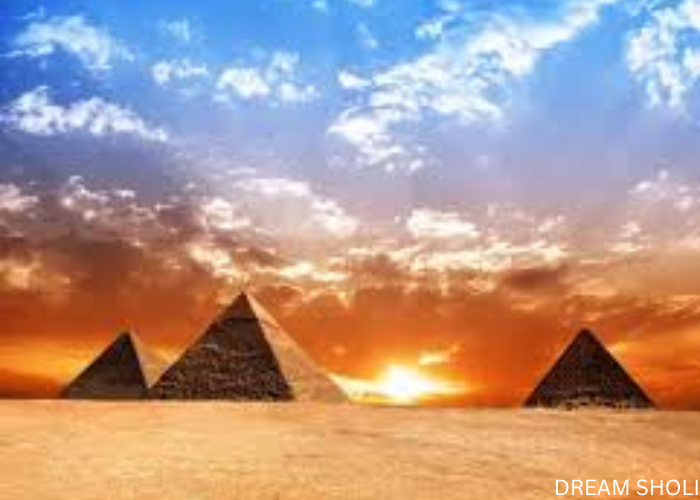
Egyptian cuisine is a rich and flavorful tapestry that showcases the country’s history, geography, and cultural influences. It blends indigenous ingredients with regional flavors, resulting in a wide variety of delicious dishes. Traditional Egyptian meals often feature staple ingredients like rice, bread, beans, vegetables, and a variety of meats, including lamb, beef, and chicken. The flavors are bold, with an emphasis on garlic, onions, cumin, coriander, cinnamon, and paprika. One of the most iconic Egyptian dishes is koshari, a satisfying vegetarian comfort food. This dish layers rice, lentils, and pasta, topped with spicy tomato sauce, crispy fried onions, and sometimes garlic vinegar, creating a perfect balance of textures and flavors. It’s a beloved street food and a popular dish in Egyptian homes. Egypt’s culture is deeply influenced by its ancient past, and the legacy of the pharaohs, pyramids, and hieroglyphics still resonates today. The country’s art, music, and architecture continue to draw inspiration from this rich history. Egypt’s vibrant culture is reflected in its lively festivals, colorful celebrations, and traditional music that often involve drums, the oud (a stringed instrument), and other instruments. Whether you’re enjoying a home-cooked meal in a village, exploring the bustling markets of Cairo, or attending a cultural festival, Egypt’s food and culture offer a deep and unforgettable journey into the heart of this ancient and beautiful country.

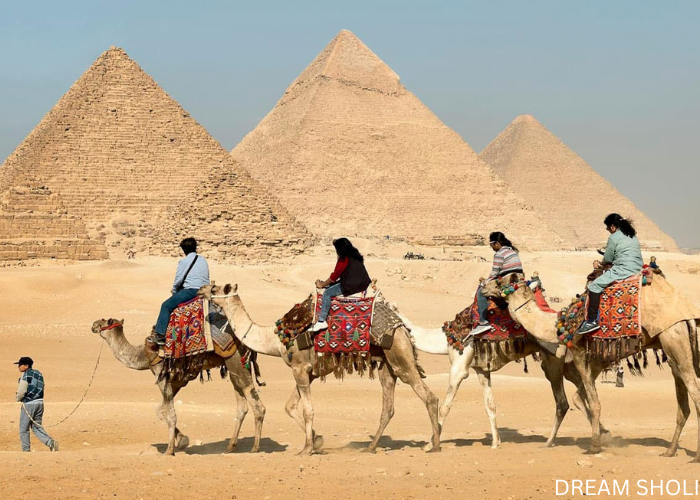
Home to some of the world’s most iconic landmarks, including the Pyramids of Giza, the Sphinx, and the Egyptian Museum—which houses an extraordinary collection of ancient Egyptian artifacts—Cairo offers a glimpse into the marvels of an ancient civilization. The city’s souks (markets) are a bustling testament to local culture, where visitors can find everything from aromatic spices and colorful textiles to intricately crafted handmade goods. Cairo’s cultural scene is rich and diverse, with offerings ranging from traditional music, dance, and theater performances to contemporary art galleries and exhibitions. The culinary landscape of the city is equally varied, with street food vendors serving up local delicacies, casual eateries offering traditional Egyptian dishes, and high-end restaurants blending Egyptian flavors with international influences. The city’s renowned Nile River, which flows through the heart of Cairo, provides a picturesque setting for leisurely cruises and waterfront dining, making it a central part of the city’s charm.
Each of Cairo’s neighborhoods holds its own unique appeal—whether it’s the historical Islamic architecture found in Old Cairo, or the modernity and sleek skyscrapers of New Cairo. This blend of the old and the new gives the city a fascinating atmosphere of contrast and coexistence. The city is well-connected to the world via Cairo International Airport, one of the largest and busiest in Egypt. The airport serves as a major hub for both domestic and international flights. It is equipped with a variety of amenities, including lounges, restaurants, and duty-free shops, ensuring that travelers experience comfort and convenience before embarking on their journey. Whether you are visiting for the historical wonders, the vibrant culture, or the bustling urban life, Cairo offers an unforgettable experience.
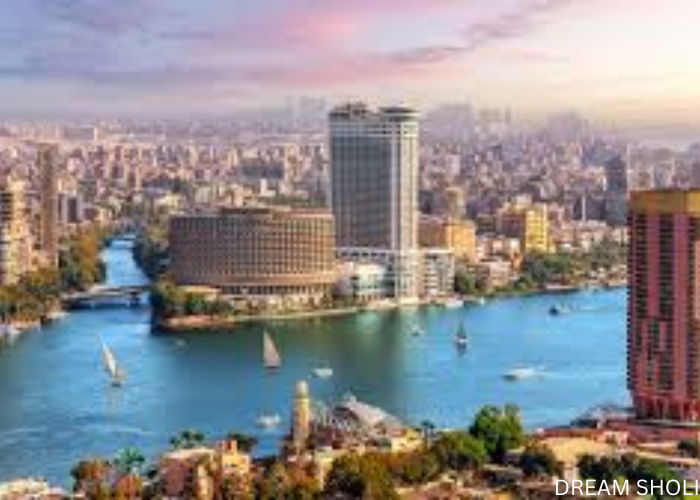
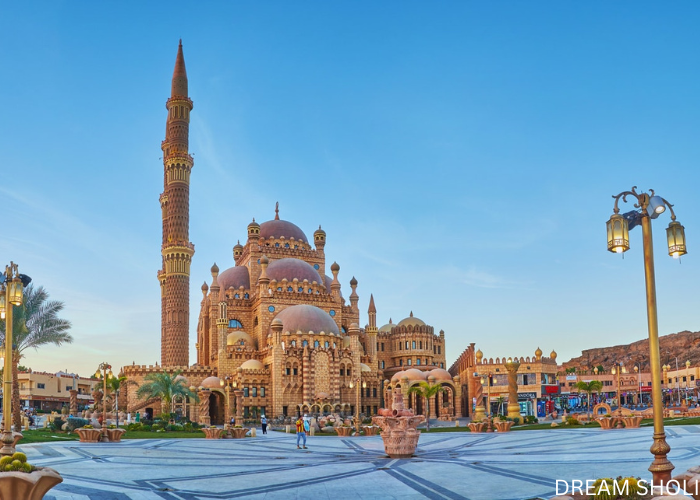
Sharm El Sheikh, located at the southern tip of the Sinai Peninsula in Egypt, is a renowned resort city celebrated for its picturesque beaches, crystal-clear waters, and vibrant coral reefs, making it a top destination for snorkeling and diving enthusiasts. The city is home to luxurious resorts, a lively nightlife scene, and offers an array of thrilling water sports, including windsurfing, parasailing, and jet skiing. Visitors can also immerse themselves in the desert landscape with activities such as camel rides and jeep safaris.
In addition to its natural beauty, Sharm El Sheikh is a gateway to famous attractions like Ras Mohammed National Park and Tiran Island, where travelers can explore the stunning marine life and coral reefs of the Red Sea. Sharm El Sheikh International Airport serves as the primary airport for the city, offering both domestic and international flights to this popular tourist destination.
Hurghada, situated along the stunning Red Sea coast of Egypt, is a premier beach resort town renowned for its exceptional beauty and vibrant tourism scene. Famous for its pristine sandy beaches, crystal-clear waters, and abundant marine life, Hurghada has become a haven for snorkelling and diving enthusiasts. The coral reefs just off the coast are teeming with colorful fish, making it a prime destination for underwater exploration. The town offers a wide array of water sports, from windsurfing and kiteboarding to parasailing, catering to all kinds of adventure seekers. The city’s lively El Mamsha Promenade is a hub of activity, where visitors can stroll along the coast, browsing a variety of restaurants, cafes, and shops that sell traditional handicrafts, souvenirs, and locally made goods. Whether you’re looking for a refreshing drink by the sea or a souvenir to take home, this bustling strip has something for everyone. Hurghada is also known for its vibrant nightlife, with a mix of beachfront bars, nightclubs, and entertainment venues offering a fun atmosphere for those looking to enjoy the evening hours.
The city is well-served by Hurghada International Airport, which is the main gateway for both domestic and international flights. The airport connects Hurghada to key destinations across Egypt and around the world, ensuring that travelers can easily access this beach paradise. Whether you’re here for the sun, the sea, or the rich cultural heritage, Hurghada promises an unforgettable experience for all who visit.
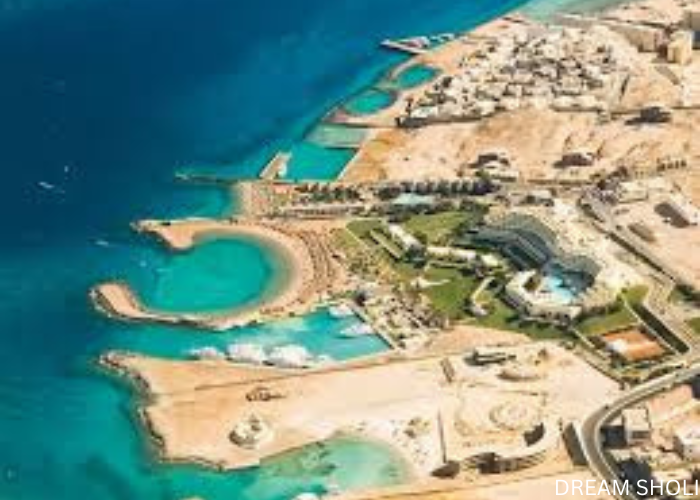

Explore the world effortlessly with our tailored travel packages. Let us handle the details while you create unforgettable memories.
Copyright 2024 Dream Sholi